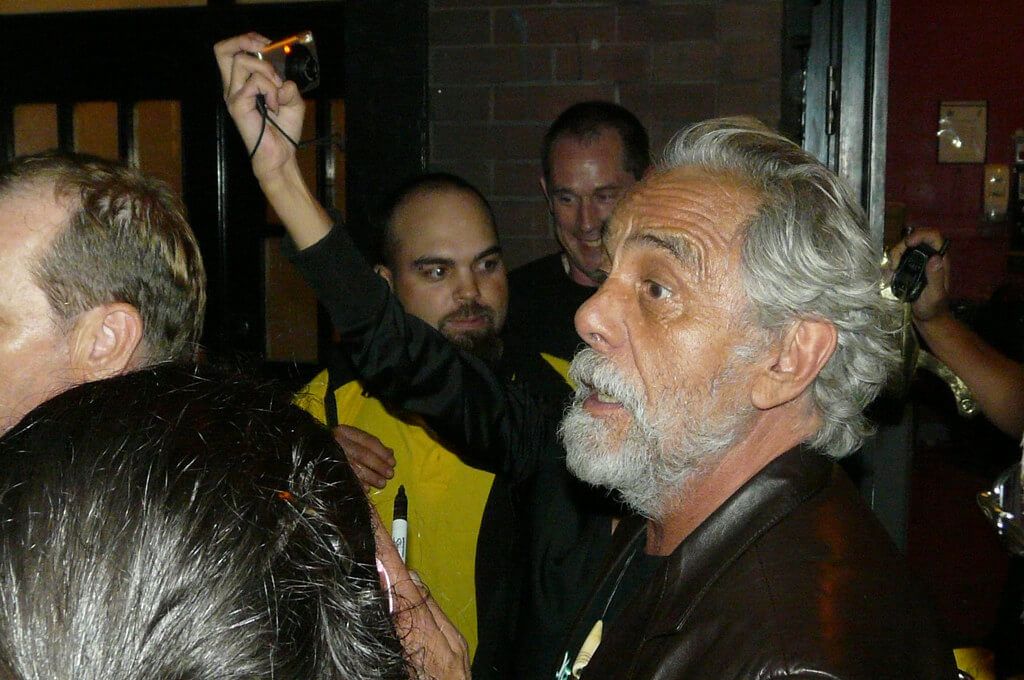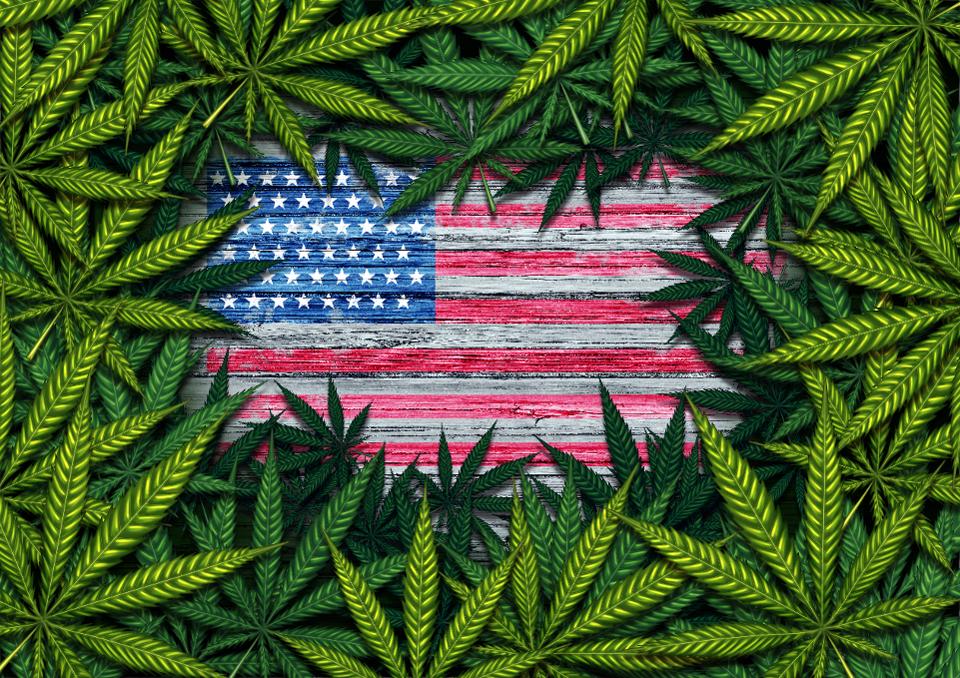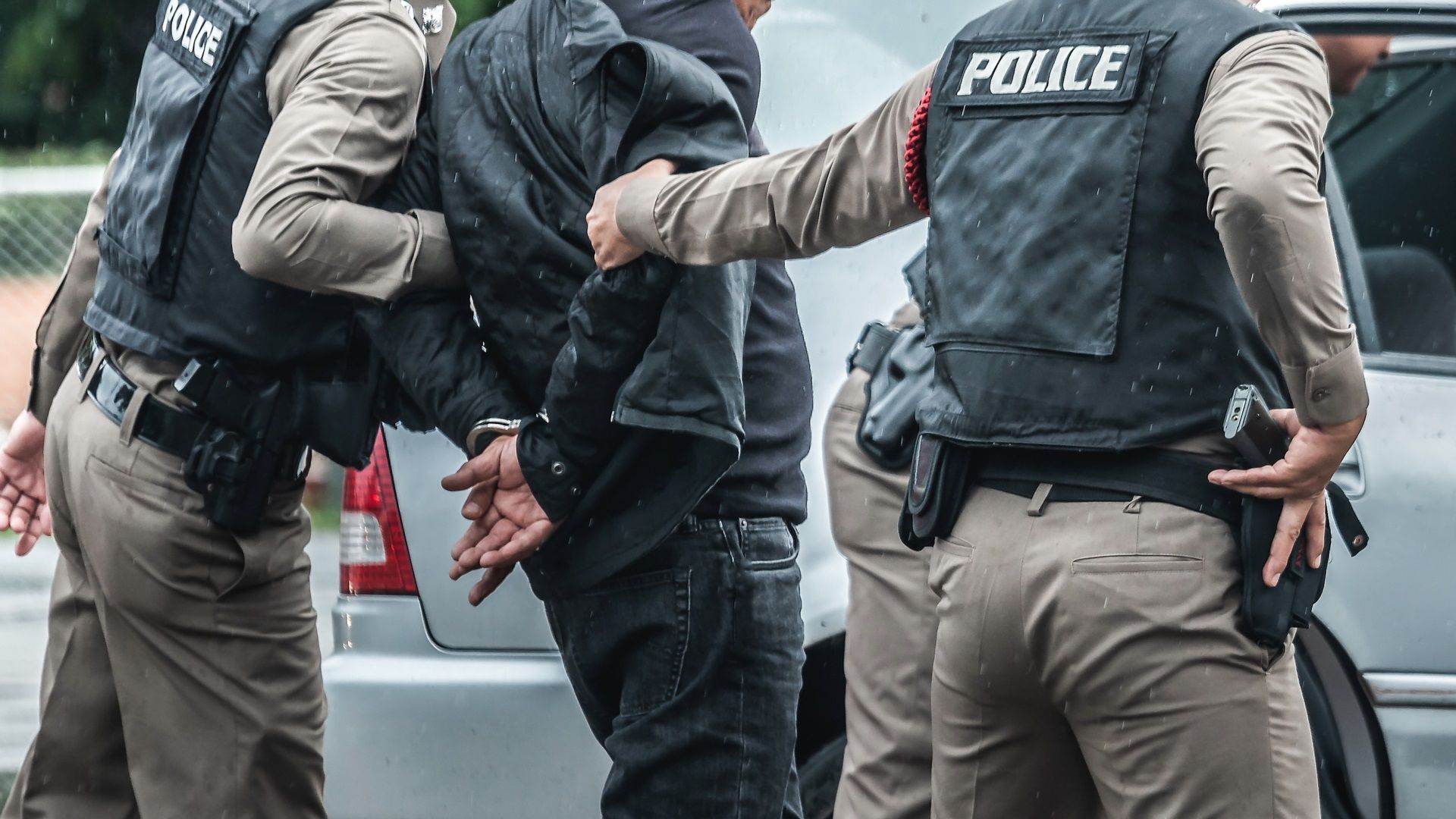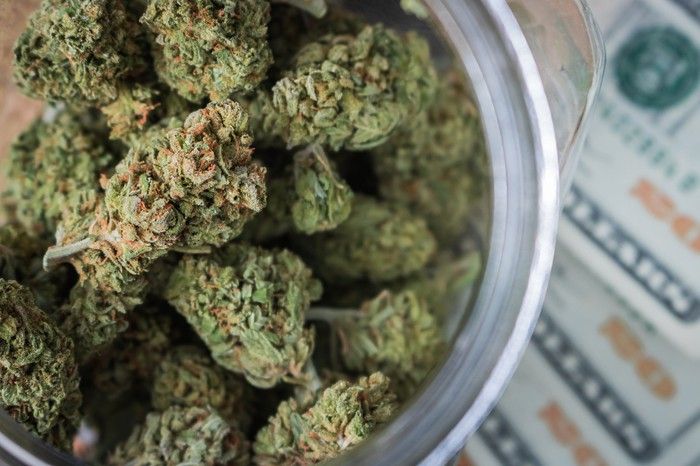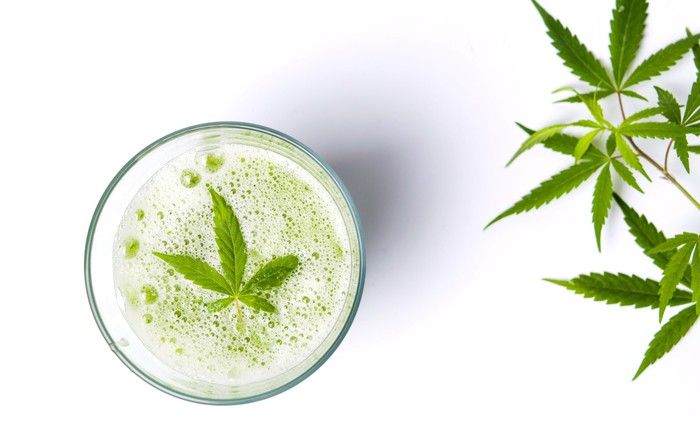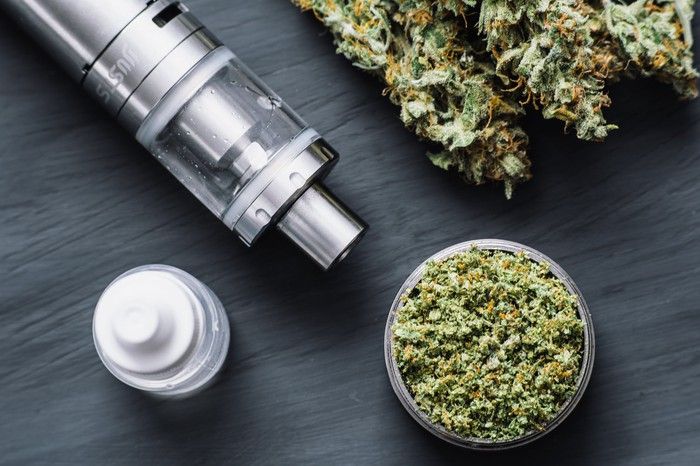A very good question and one I would personally like to see answered given Trumps past campaign promises.
Some thoughts of mine....for the past three years Trump has not put Rohrabacher-Blumenauer type amendment restrictions in his budget proposal but Congress did and the WH signed off on the eventual funding bills. I expect that to happen again.
But before there is too much bleating from Congress...and in particular the House....the question arises as to why there has to be this annual angst over this amendment or similar language. Well, its because Congress has done fuck all to put these protections in place via proper legislation that would not require annual resubmission's and approval. Actually, they have done fuck all about a number of MJ related issues, IMO.
In my view, they are all playing a shell game.
Why is Trump targeting medical marijuana in an election year?
Donald Trump has long claimed to support cannabis legalization.
In 1990,
he said the US was “losing badly the war on drugs” and would “have to legalize drugs to win that war.” As a candidate for president in 2015, he said that
“medical should happen” while adult-use legalization “should be a state issue.” In 2018, he said he would
“probably end up supporting” a bill to end the federal prohibition and allow states to chart their own course.
But for all his talk, President Trump’s actions tell a different tale. On Monday, the president unveiled his proposed budget for the coming fiscal year, and it’s yet again a sour deal for medical marijuana patients and legalization advocates.
Trump going after medical marijuana patients
Most notably, Trump’s
proposed 2021 federal budget aims to end a key protection for state-legal medical marijuana programs. Cannabis remains illegal under federal law, so the protection works by prohibiting federal law enforcement officials from interfering with state-legal medical cannabis programs.
“Basically it disallows the [Department of Justice] from using federal funds to go after medical marijuana programs in states where those programs are legal,” said Maritza Perez, director of national affairs for the Drug Policy Alliance. Those protections have previously been known as the Rohrabacher-Blumenauer amendment, named for the two Congress members who sponsored the rider.
The provision has been included in congressional spending bills since 2014, inserted as a budget rider—an attached provision that limits how allocated funds can be spent. Trump’s proposed budget scraps that rider, leaving state-legal medical marijuana patients and businesses vulnerable to federal prosecution.
“Basically what we saw in the president’s budget was granting permission to the DOJ to go after legal medical marijuana programs,” Perez told Leafly. “It’s not something that’s totally unexpected, and in fact it’s in line with this administration’s harsh views on drug policy.”
Is it time to panic?
Not yet, no. The president’s annual budget proposal is just that—a proposal. It’s an opening bid. Trump’s move has a long way to go before it becomes law.
Members of Congress will likely attempt to re-insert the protection before the budget bill goes much further. But Trump’s decision to scrap the provision from his budget is another indication that the president’s support for state-legal medical marijuana is superficial at best.
Trump acts for prohibitionistsTrump’s time in office has been marked by overtures to prohibitionists, even as the president has himself claimed to support states’ rights. In early 2018, Trump’s then-Attorney General Jeff Sessions without warning rescinded a Justice Department policy of noninterference with state-legal cannabis, shocking state leaders and legalization advocates alike.
And just this week,
Trump applauded the death penalty as an effective way to discourage drug use, telling a group of state governors that countries “with a very powerful death penalty on drug dealers don’t have a drug problem.” (Fact check:
That’s not true.)
As Kyle Jaeger at
Marijuana Moment notes, this is Trump’s third consecutive budget proposal to omit the medical marijuana protection. In each of those cases, members of the House of Representatives revived the provision and the Senate later approved it.
Last year, the House went further by attempting to extend the provision to all state-legal cannabis, including adult-use programs. The Senate declined to include that more expansive language, but it nevertheless renewed the medical marijuana protections.
The real action is on Capitol Hill
Advocates will continue to push for Congress to reinsert the protection into this year’s budget, said Perez at the Drug Policy Alliance.
“I don’t think it’s going to be a huge uphill battle, just because this is something Congress has agreed with just in the past few years,” she said. “This is an area where I’d say the administration is definitely more conservative than Congress.”
Even as Trump signed last year’s budget bill, he lashed out against the reauthorization of the medical marijuana protections. In an attached statement, the White House wrote that the executive branch was free to ignore the congressionally approved rider, asserting that the administration “will treat this provision consistent with the President’s constitutional responsibility to faithfully execute the laws of the United States.”
More money for drug control, pharma research
Trump’s proposed budget also impacts cannabis on a number of other fronts. In what could be a benefit for pharmaceutical companies trying to develop cannabinoid-based drugs, Trump’s budget would set aside funding for the US Food and Drug Administration to invest in “regulation of cannabis and cannabis derivatives.”
The FDA is currently developing regulations around hemp and CBD, and the agency
approved its first cannabis-derived drug, the CBD medication Epidiolex, in 2018.
Zero-ing out ONDCP
The proposed budget would also slash funding for the Office of National Drug Control Policy (ONDCP), an arm of the White House that opposes drug use, by nearly 90%, from $425 million last fiscal year to $29 million in fiscal 2021. Some of that money would be transferred to the US Drug Enforcement Administration, which the administration says will improve coordination among federal, state, and local law enforcement agencies.
In a statement, ONDCP Director Jim Carroll was silent on the cuts, instead focusing on the president’s increased spending on anti-drug efforts overall. Trump’s budget proposal, the office said, “contains $35.7 billion for counter-drug efforts, an increase of $94 million from the previous year.
“The FY 2021 budget request sends a strong message that, although we’ve seen signs of real progress, the Trump Administration will not let up in our efforts to save American lives,” Carroll said.
Keeping a foot on D.C.’s neck
Trump’s proposal would also continue to prohibit Washington, D.C., from regulating the sale of cannabis—which is legal on all non-federal properties in the District—despite the
best efforts of local leaders.
Voters in the District approved legal cannabis in 2014, but a separate federal budget rider introduced by Rep. Andy Harris (R-MD) blocked local officials from establishing retail regulations.
With his party out of power in the House, Harris no longer has the power to singlehandedly block D.C.’s attempts to make progress on cannabis regulation. But Republicans in the Senate may step in to squelch the possibility of legal retail stores opening locally.
Trump and cannabis: a political Rorschach test
Trump’s supporters and opponents have often seen what they want to see in the president’s comments about cannabis. This is in part because his statements lend themselves to various interpretations—sometimes simultaneously favoring and opposing legalization.
In a leaked transcript from 2018, for example, Trump is heard discussing cannabis legalization during a private meeting. The president initially claims that marijuana is a dangerous drug that causes people to “lose IQ points,” then reassures the room that a federal effort to allow banks to work with the legal cannabis industry is “all working out. That whole thing is working out.”
In 2015, a Leafly headline about then-candidate Trump described the problem thusly: “Where does Donald Trump stand on cannabis? It’s anyone’s guess.”
By last year, the balance of Trump’s actions toward cannabis pushed Leafly to revise its read. “Time to admit it,” wrote Deputy Editor Bruce Barcott, “
Trump opposes cannabis legalization.”
92% support for medical marijuana
Meanwhile, support for legalization among US voters has been steadily growing for decades. A
Pew survey in November found that nine out of 10 people polled supported either legalizing medical marijuana or allowing
both medical and adult-use. Only 8% of respondents said they were against legalizing medical marijuana.
That makes legal cannabis more than twice as popular as Trump himself. Polls have shown
the president’s approval rating hovering between about 35% and 45% for the past year or so.
“I don’t think that everything this administration does is consistent with what the public does,” said Perez at Drug Policy Alliance. “Marijuana’s a great example of that: He is consistent in that he’s consistently going against what the public wants.”
Making progress in the boring parts
For Perez, the battle over budget amendments underscores the way advocates can make a difference incrementally, without necessarily relying on blockbuster bills to legalize.
“When people think about D.C., we think we need these big bills to make drug policy that carries an impact,” she said, “but oftentimes it’s weird processes like the appropriations process where you can actually make an impact.”
As Trump’s proposed budget suggests, prohibitionists see the same opportunity.

 www.mlive.com
www.mlive.com



